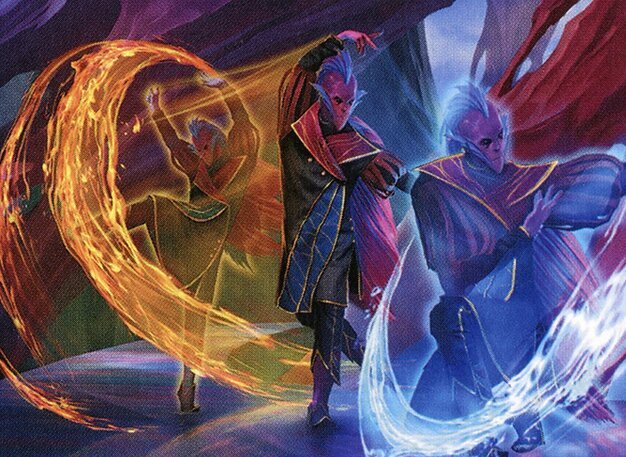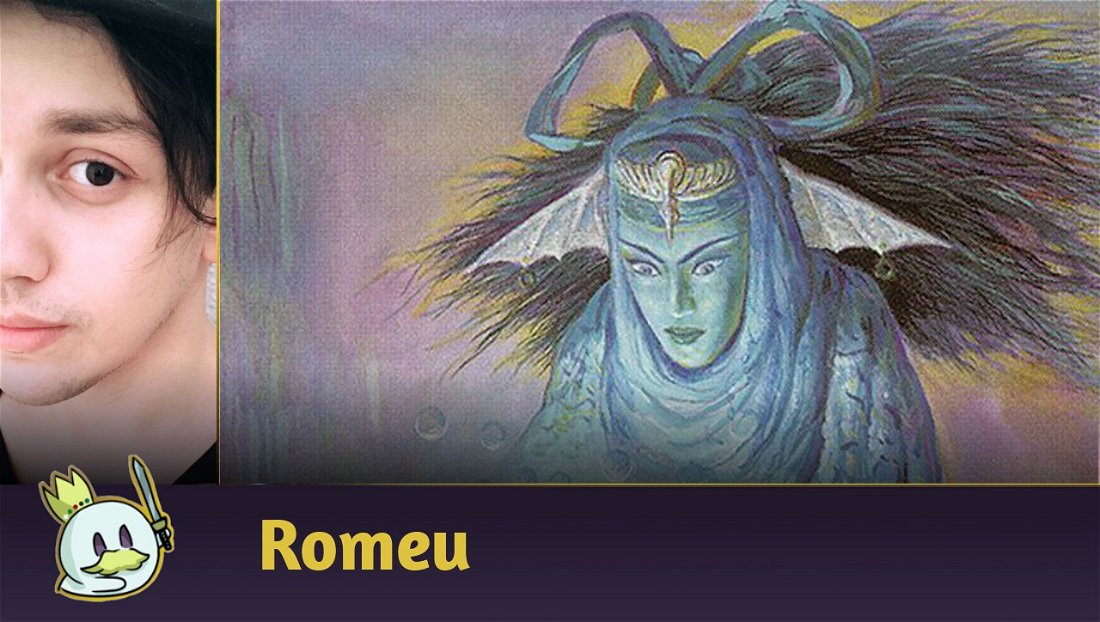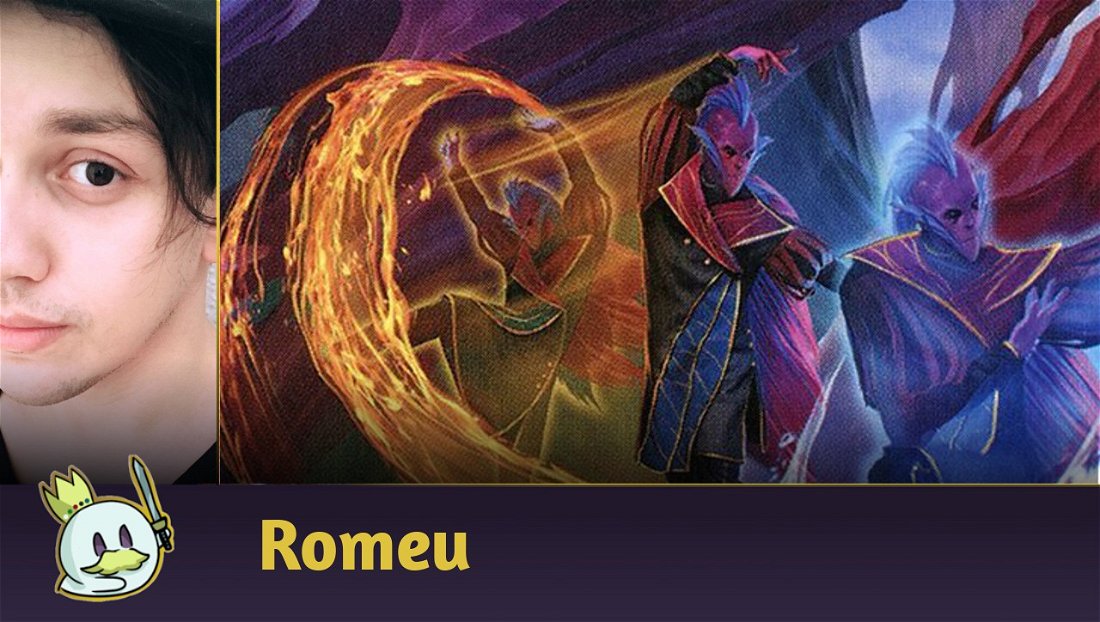Announcement made in date: June 7, 2022
Pioneer
Winota, Joiner of Forces is banned.
Expressive Iteration is banned.
The list of all banned and restricted cards, by format, is here.
Explorer
Expressive Iteration is banned.
(Note that Winota, Joiner of Forces was already banned in Explorer.)
Effective Date: June 7, 2022
The list of all banned and restricted cards, by format, is here.
Pioneer

As noted in previous updates, we want Pioneer to provide as diverse an experience as possible, built out of an ever-growing collection of Standards past.
Over time, it has become clear that Naya Winota is suppressing diversity as its power and consistency have drastically reduced incentives to play other linear creature-based strategies. Not only is it a resilient midrange deck that can leverage many of the powerful mana creatures available in the format, but its explosive draws involving the deck's namesake can create unassailable battlefield states as quickly as turn three.
Due to its large metagame share, high win rate, and ability to create frustrating removal-check gameplay, Winota, Joiner of Forces is banned in Pioneer.

Expressive Iteration has been a multiformat all-star since its release in Strixhaven: School of Mages. It has fueled a variety of highly successful Izzet Strategies in Pioneer by both providing card selection and card advantage at a much higher rate than what is available to other decks, making it extremely difficult for other strategies to engage them in wars of attrition.
Although we recognize that there are several other powerful card-draw spells in the format, notably Treasure Cruise and Dig Through Time, we currently believe that delve spells contribute to blue decks in Pioneer having a unique identity among Eternal formats. As Pioneer's card pool has fewer strong cantrips and no fetch lands, we're hoping many delve cards can continue to be a part of the format at a more moderate power level compared to how they would play in other nonrotating formats.
To lower the win rate of the wide variety of Izzet decks and bring them further in line with other strategies in the format while maintaining what makes them special in Pioneer, Expressive Iteration is banned.
Explorer
It's worth noting that we will continue to align Pioneer ban announcements with action in Explorer. This means that Expressive Iteration will also be banned in Explorer. Winota, Joiner of Forces was previously banned in Explorer. When we made that change, we noted that we would revisit that ban with the release of Dominaria United. However, now that Winota, Joiner of Forces is banned in Pioneer, we plan to leave it banned in Explorer going forward.
Others format
While we're choosing to make changes only to the Pioneer banned list at this time, we did examine and discuss the health of each of our competitive play formats. For each of those other formats, we found the metagames to be in a generally healthy state, characterized by moderate play rates and win rates among the most played decks, and good variety of choice among competitively viable decks. Below is a short summary of our "no changes" decisions for several formats.
Standard
Our data from the platinum and higher MTG Arena ladder shows the Standard metagame as being in a healthy spot. Various three-color mid-speed decks are the most played archetypes, the most popular of which (Esper and Grixis) each occupy about 10% of the ladder metagame. Jeskai variants (featuring either Hinata, Dawn-Crowned or Lier, Disciple of the Drowned) have been growing in popularity at higher levels of play but remain with healthy populations and win rates. Conversely, Runeforge Champion decks and Mono-White Aggro have become less popular over time. Mono-Green Aggro, while not one of the most popular decks, shows promising win rates against many of the more popular archetypes.
All in all, this indicates potential for the metagame to continue evolving, and the current state already reflects good levels of diversity.
Modern
The Modern metagame continues to show great playstyle diversity, with aggro, tempo, combo, control, and ramp all represented in the ten most played decks. The most played deck, Izzet Murktide, represents about 10% of the Magic Online metagame and hovers right around a 50% win rate. The top decks show strengths and weaknesses against each other, and there looks to be plenty of room for less popular "rogue" decks to be successful.
Legacy
Since the ban of Ragavan, Nimble Pilferer in January, the win rate of Izzet Delver has come down, and the deck now shows appropriate strengths and weaknesses against the other most played archetypes. Reanimator, control, resource denial, combo, and aggro are all additional macro-archetypes that are seeing success. We'll continue to keep an eye out for potentially unhealthy or unfun play patterns, but otherwise natural metagame forces currently look sufficient to handle any short-term shifts in deck popularity.
Vintage
As always, data on Vintage tends to come in relatively small sample sizes, but we're not currently seeing anything that indicates changes being necessary. Recent Magic Online Vintage Challenge events show generally good diversity in decks and strategies. New additions from Modern Horizons 2 and other recent sets continue to show up, and there appears to be healthy potential for experimentation at the individual card level. As always, we'll continue listening to community feedback.













— Commenti 0
, Reazioni 1
Diventa il primo a commentare